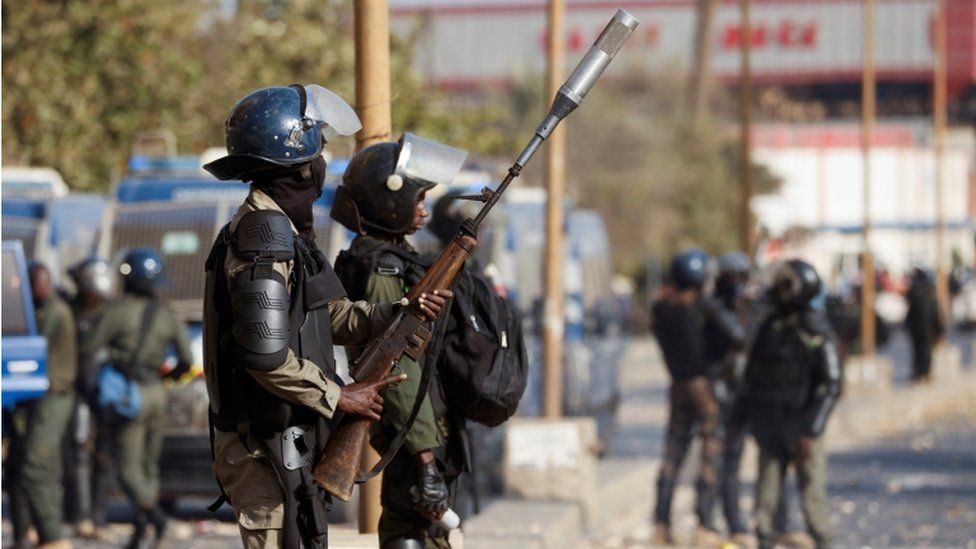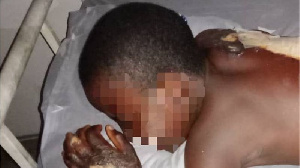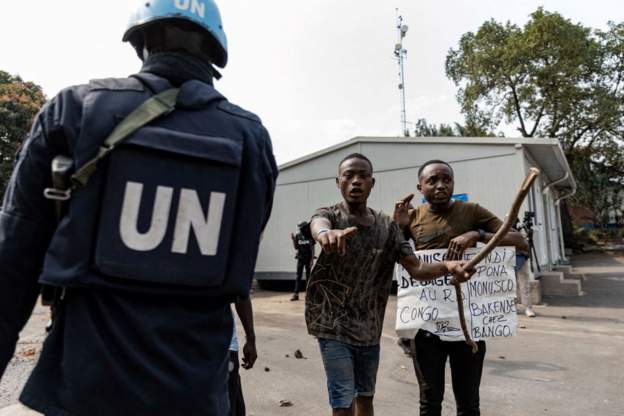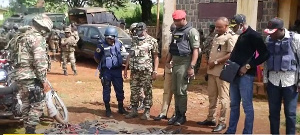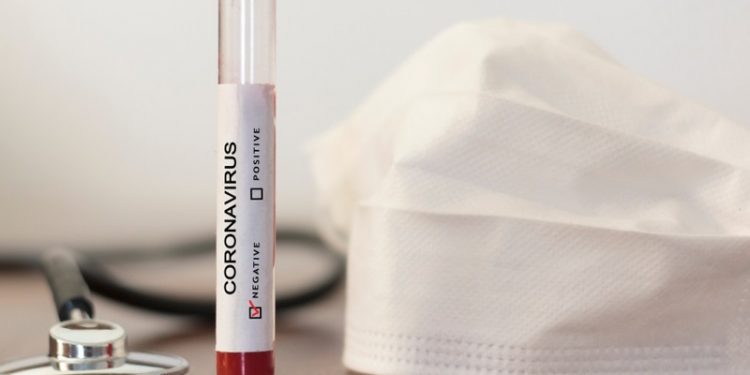News Africa
Cuba Strengthens Bilateral Ties, Seeks Russian Investors

Reports said Cuba’s Prime Minister Manuel Marrero Cruz had arrived in Russia for an official visit aims at strengthening bilateral ties. “We have arrived in the fraternal Russian Federation for an official visit in order to expand and strengthen bilateral relations between our countries, which have been continuously maintained since 1960 until now,” the prime minister wrote on his Twitter account.
With the geopolitical changes taking place, both Russian and Cuban officials’ visit to and from Moscow and Havana proliferate, most seeking to strengthen friendship and increased economic cooperation between the two countries.
According to the reports, Manuel Marrero Cruz with his delegation plans to participate actively in the Council of the Eurasian Economic Union (EAEU) Heads of State in Sochi on June 7-9, and certainly pay an official visit to Moscow and then take part in the St. Petersburg International Economic Forum (SPIEF).
Russia and Cuba have special relations. These relations have gone through the most difficult times. Cuba’s geopolitical position is much more complicated due to its proximity to the United States and remoteness from other great powers, especially Russia and China.
At the same time, Cuba’s remoteness from Russia or China does not create even a hypothetical possibility that the United States would help its development in order to create a foothold against Moscow or Beijing. While this is a primary fact, Cuban diaspora is much larger in the United States, high remittances are also higher than from Russia and China.
Last April, Cuba’s president, Miguel Diaz-Canel, clinched a second five-year term in a parliamentary vote for which he was the sole candidate in a country where political opposition is considered illegal.
Diaz-Canel’s bid was confirmed by 97.66 percent of votes cast in the Communist Party of Cuba-aligned National Assembly, its president Esteban Lazo announced in the chamber that month. Miguel Mario Diaz-Canel Bermudez the elected president of the Republic,” said Lazo. Under Cuban law, a president can serve no more than two successive terms.
Diaz-Canel, 62, took over the reins in 2018 as Cuba’s first civilian leader after nearly 60 years of hegemony by the Castro brothers, vowing to “always defend the party” even as he set out in pursuit of cautious economic liberalization. His first five years in office were marked by the worst economic crisis in three decades and a widely criticized response to historic anti-government protests which triggered a tightening of United States sanctions.
He has been keen for another stab at reform, recently telling the pan-Arab television channel Al Mayadeen he was “dissatisfied” that his efforts at addressing Cuba’s economic woes had not been “more efficient, more effective.” Under Diaz-Canel, an electronic engineer by training, Cuba sought to accelerate the opening of the economy to small businesses in hundreds of sectors previously under exclusive state control. Most companies in Cuba are still state-controlled.
Cuba is currently seeking Russian and Chinese investors to transform the Island’s economy, and at least, create employment for the youth. Some say economic changes have not taken place over the past years, the economy suffers from stagnation. Long-suffering Cubans have increasingly taken to social media to voice their dissatisfaction.
During the past few months, Russian and Cuban diplomats have been discussing efforts to build multipolar world. The diplomats have confirmed the firmness of their countries’ positions on the inadmissibility of unilateral sanctions bypassing the United Nations Charter. “The sides expressed readiness to move together along the path of building a multipolar world based on equality and mutual respect of states, as well as strict compliance with the norms and principles of international law,” the Russian foreign ministry said.
“The sides reiterated mutual commitment to further strengthening Russian-Cuban cooperation in a wide spectrum of fields in the spirit of strategic partnership. The Russian side reiterated its support for Cuba in its fair demands for an immediate end to the United States’ trade-and-economic and financial blockade,” the ministry added.
Cuba and Russia have learned common lessons. Despite the most difficult circumstances, Cuba has adopted innovative ways and formulas to develop cooperation. Cuban President Díaz-Canel Bermúdez, Prime Minister Manuel Marrero Cruz and the Government of Cuba have always expressed high gratitude to the Government of the Russian Federation.
Source: Thepressradio.com|Kestér Kenn Klomegâh

